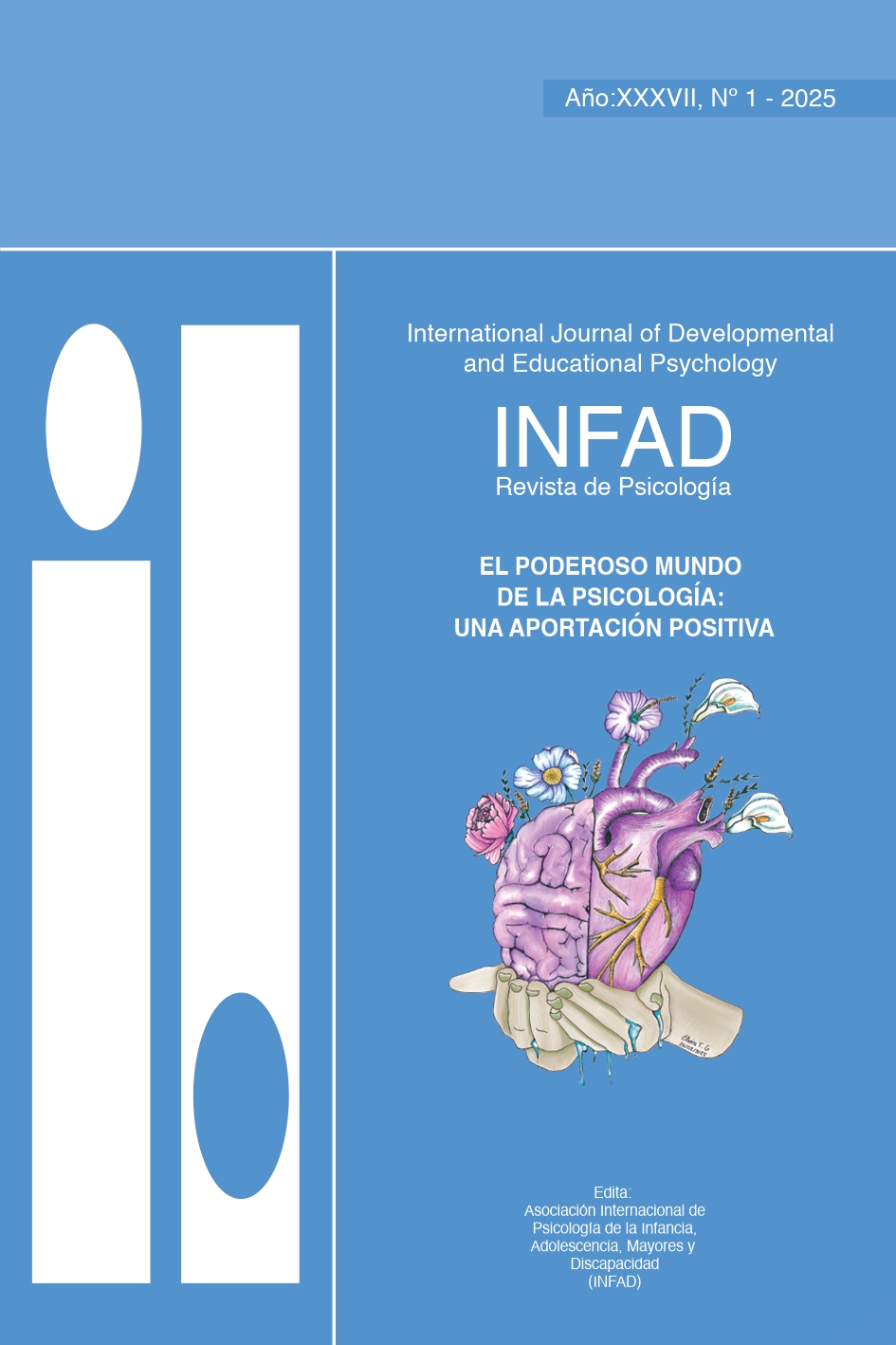Analysis of classroom interactions in a third grade primary school group
Main Article Content
Abstract
At any stage of our lives, but especially in childhood, being rejected by those around us poses a risk to psychological development. Schools therefore play a fundamental role in preventing, detecting, and addressing rejection. Thus, to foster cohesion within a group of fifth-grade primary school students at a school in El Bierzo, we used a sociogram as a tool to determine which students prefer to interact with regarding work, play, and friendship. The results show that choices are consistent both in play and in schoolwork, which leads us to study this phenomenon and establish possible sociocognitive, family, and school factors associated with it, to improve coexistence and empathy within the group.
Article Details
Section

This work is licensed under a Creative Commons Attribution-NonCommercial-NoDerivatives 4.0 International License.
Attribution — You must give appropriate credit, provide a link to the license, and indicate if changes were made. You may do so in any reasonable manner, but not in any way that suggests the licensor endorses you or your use.
NonCommercial — You may not use the material for commercial purposes.
NoDerivatives — If you remix, transform, or build upon the material, you may not distribute the modified material.

This work is licensed under a Creative Commons Attribution-NonCommercial-NoDerivatives 4.0 International License
How to Cite
References
Delgado, S. (2009). El estatus sociométrico y sus consecuencias en la adaptación escolar. Innovación y experiencias educativas , (22), 1-9.
García-Bacete, F.J., Rubio, A., Milián, I. y Marande, G. (2013). El aprendizaje de la amistad en la Educación Primaria. Un procedimiento intensivo para ayudar a los niños rechazados a hacer amigos. Apuntes de Psicología , 31(2), 155-163.
González, C., Iniesta, A. y Gomis, N. (2010). El profesor y la interacción profesor-alumno. En J.L. Castejón, C. González, R. Gilar y P. Miñano (Coords.), Psicología de la Educación , 403-442. Alicante: Editorial Club Universitario.
Muñoz, V., (2007). El rechazo entre iguales en el ámbito educativo. Infocop online . https://bit.ly/2NqMYcR
Sampascual, G. (2012). Interacción en el aula. En G. Sampascual, Psicología de la Educación Tomo II , 325-355. Madrid: UNED.

